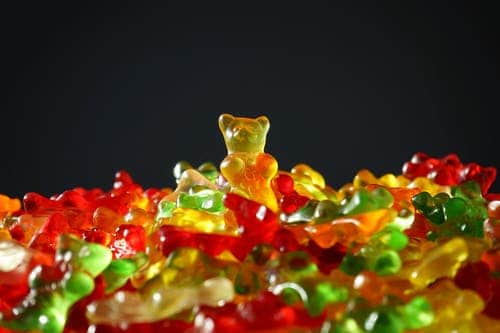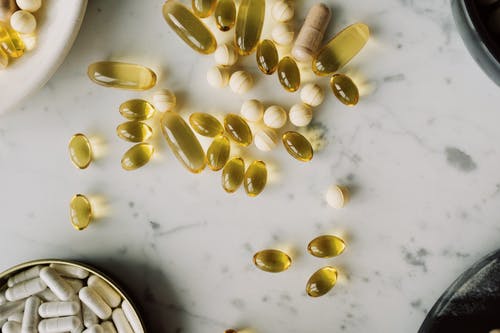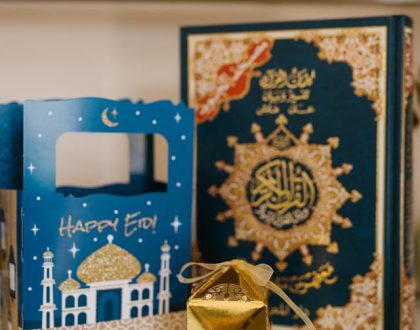Is gelatine halal?


Many people wonder if gelatine is halal. It is not only present in many sweets and deserts but also in medicines, including the nasal flu vaccine.
The ‘no’ camp
There is a difference of opinion among scholars.
Imams Shafi’, Maliki and Hanbali held that once something is impure then it is always impure.
The ‘yes’ camp
The Hanafi school of thought says that if the state of a substance has changed, then the impure becomes pure.
An example of where an impure substance becomes pure is vinegar which is derived from fermented alcohol but becomes permissible as it undergoes a process of change.
The Fiqh principle of change
The Arabic term for transformation is Istihaala.
Istihalah, from the Fiqh point of view, is defined as changing the nature of a substance so that it is completely transformed physically and chemically.
Who is in the Yes camp?
According to the Islamic Organization for Medical Science gelatine undergoes a complete transformation and is different from the substance from which it was derived.
Istihala is the Hanafi mainstream opinion and Ibn Taymiyah and Ibn Al Qayyim held this opinion.
Its chemical properties differ from the original substance from which it was extracted. The structure of the molecules is different.
This means that according to the Hanafi opinion, gelatine is halal, regardless of whether it was derived from animals that are considered halal or haram, including pigs, and animals not slaughtered by halal methods.
Based on the Hanafi opinion, foods and medication containing gelatine, even porcine gelatine are permissible.
And it is permissible to take the nasal flu vaccine and other medication which contain gelatine.

The science
A chemical change, also known as a chemical reaction, is a process in which one or more substances are irreversibly altered into one or more new and different substances. In other words, a chemical change is a chemical reaction involving the rearrangement of atoms. Examples of chemical reactions include photosynthesis, rusting and burning.
Hydrolysis is a type of decomposition reaction where one of the reactants is water; and typically, water is used to split molecules by breaking chemical bonds in the other reactant.
Examples of hydrolysis reactions include making soap. The saponification reaction occurs when a triglyceride (fat) is hydrolyzed with water and a base (usually sodium hydroxide, NaOH, or potassium hydroxide, KOH). Fatty acids react with the base to produce glycerol and salts (which becomes soap).
Gelatine is a form of hydrolysed collagen which means it has been broken down.
To convert collagen from animal parts into gelatine, several processes are used that break the bonds of collagen and release certain amino acids. Extraction of gelatine in food manufacturing is usually done using hot water and acid solutions to hydrolyze collagen into gelatine. Then certain filtration, clarification and sterilization processes usually take place to form the dried, final product, depending on how it’s sold.
Gelatine forms a gel-like substance when mixed with water, whereas collagen does not.
Though the amino acids are the same (as we only have a limited number of those as building blocks of all proteins), there is a chemical splitting of bonds to release certain amino acids, which change the structure. The process is largely irreversible.
The paper used by the Fatwa Council (in Arabic)
Conclusion
There is a difference of opinion among scholars on this issue, but both sides have valid opinions so it comes down to personal choice. Just as there is a school of thought which says eating the meat of the people of the book is halal, but many believers may prefer not to eat it. However if other Muslims do eat it we have to respect their choice and tolerate differences.
Related posts
- Rebellion vs submission
- Is it permissible to have the nasal flu vaccine?
- Can a woman recite the Quran on her period?
- Tribute to a great scholar and a great man – Shaykh Nuruddin ‘Itr (rahimahullah)
- Never be afraid to tell the truth
Recommended Posts

When can you fast after Eid?
April 07, 2024

Is it permissible to take out a student loan?
April 02, 2024

